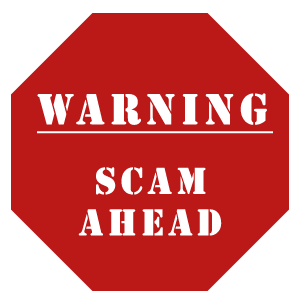If you are planning on visiting the USPTO offices in VA, and you have a NY License (or one of the other 7 listed below), you are going to need to bring the alternative IDs listed here.
As of April 21, the following states do not meet the REAL ID standards:
·
Alaska
·
American
Samoa
·
Arizona
·
Kentucky
·
Louisiana
·
Maine
·
Massachusetts
·
Minnesota
·
Montana
·
New York
·
Oklahoma
·
Washington
Visitors to the USPTO with state issued
identification from these states must present alternate forms of
identification to facilitate access. Three of the states listed above offer an
Enhanced Driver’s License that is identifiable by an American flag on the
license; they are New York, Minnesota, and Washington. USPTO will accept the
Enhanced Driver’s Licenses from those states. DHS currently accepts other forms of Federal-issued identification in lieu of a state-issued driver’s license, such as a:
·
Passport
·
Passport
card
·
DoD’s CAC
·
Federal
agency HSPD-12 ID
·
Veterans ID
·
Military
dependents ID
·
Trusted
Traveler card – Global Entry, SENTRI, or NEXUS
·
Transportation
Workers Identification Credential (TWIC)
For visitors using state-issued ID to access
the USPTO, only driver’s licenses or identification cards from states that meet
Federal standards will be honored. USPTO will continue to accept other forms of
government-issued identification, including Federal employee badges, passports,
military identification cards, or Enhanced Driver's Licenses as noted above. If visitors do not have acceptable identity documents, the person to be visited at USPTO will need to provide an escort in order for the visitor to access the USPTO. The visitor must be escorted at all times while in USPTO secured areas.
For additional information about the REAL ID Act, please visit www.dhs.gov/secure-drivers-licenses.



